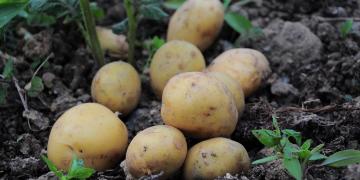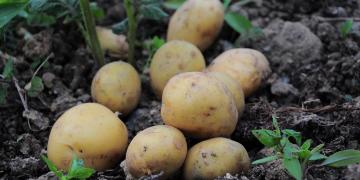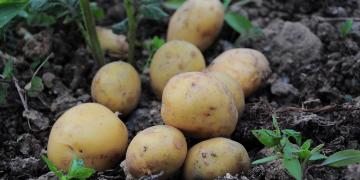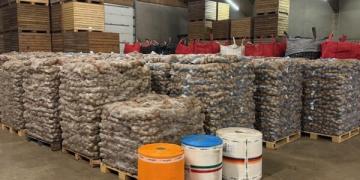Chile: Producers call for alternatives in the face of low potato prices
Despite the excellent quality of Chilean tubers, Chile imports virtually all of its frozen and processed potatoes due to a lack of industrial plants and affordable financing.
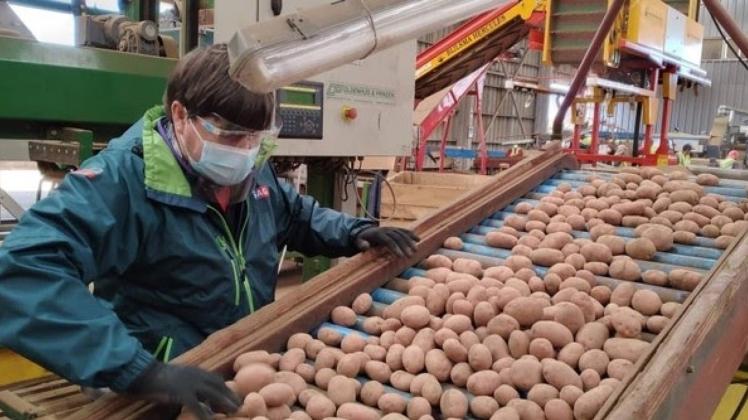
Last season’s good yields kept potato prices lower than those of previous seasons . However, producers face a paradox that affects their profitability.
Luis Miquel, general manager of the Papa Chile Consortium, explained that the high yields "generated surpluses that produce excess supply, which lowers prices even below the waterline."
Therefore, he stated that the paradox occurs "when we are doing well in terms of production and obtaining good returns, there is a higher production that we are unable to absorb, which leads to a drop in prices."
PROJECTIONS
Miquel projected that "this season there will be a slight increase" in production, although it won’t be enough to "see prices close to those of the previous ones ." Therefore, he predicted that prices will remain low.
The planted area will depend on the weather and the producers’ financial means. "Many people will be left with a deficit and won’t be able to plant again," he warned. This situation will mean that "next year there will be less potato availability due to less planted area."
Regarding availability in Biobío, Miquel acknowledged that "early potatoes, which are planted more in this area, may be released later due to climatic conditions."
However, he emphasized that "the area is predominantly a potato region. From the Araucanía region southward, there is an ideal climate, with rainfall and abundant groundwater." He asserted that "the weather is good, with sufficient rainfall and no frost."
With prices ranging from $3,000 to $4,000 for a 25-kilo bag, Miquel emphasized that "there is no cheaper, more versatile, or healthier food than potatoes."
In this regard, he emphasized that Chile has "secured its potato supply this year." However, for the union leader, it remains "a country that, despite so much availability and excellent quality, prepares it very traditionally, without a specialized kitchen."
Regarding this point, Miquel added that "we could still get much more out of the crop" through industrial processing, given that frozen potatoes and mashed potatoes are almost entirely imported.
"We are not participating in that business," the representative lamented, while emphasizing that Chile does not produce processed potatoes, "even though we have the means and the producers to do so, but we lack investment in processing plants."
Regarding the required investments, the general manager of the Papa Chile Consortium stated that they are "very large" and that there is a lack of incentives "to invest in processing plants that produce the products we import today."
FINANCIAL BARRIERS
Producers face obstacles in accessing competitive financing. Miquel compared the conditions in the real estate sector: "I’m better off buying apartments with 30 years to pay, making excellent business, but without employing anyone."
In contrast, to set up a potato processing company, he stated, "you need machinery, so I would have to pledge everything I have because the collateral is extremely high." Specifically, he continued, banks charge "higher interest rates because they consider agro-industrial projects to be risky."
"Today, Corfo is a larger Indap, but state instruments and policies that cut across different governments are needed to industrialize."
Fuente:

